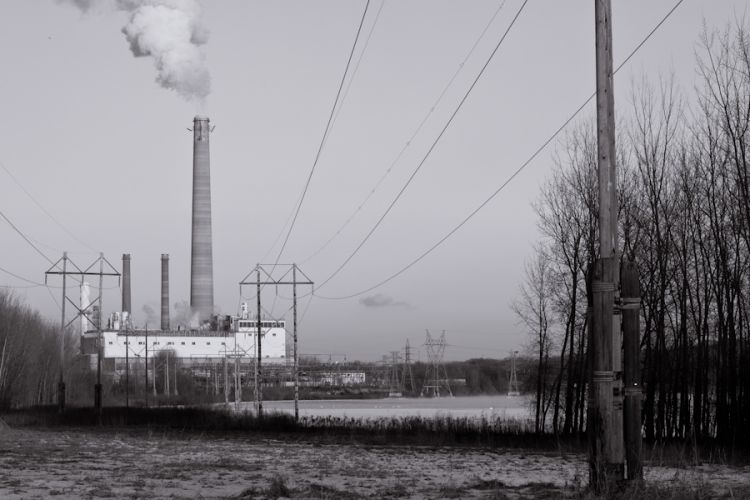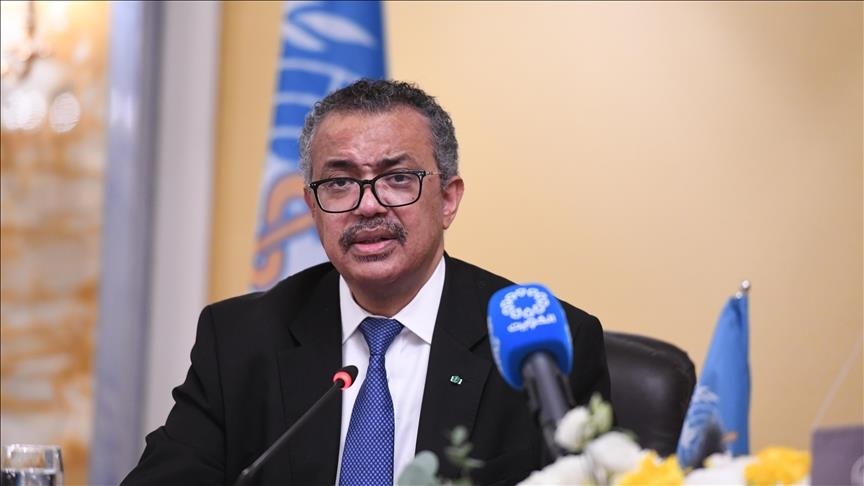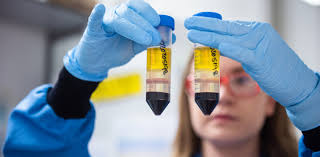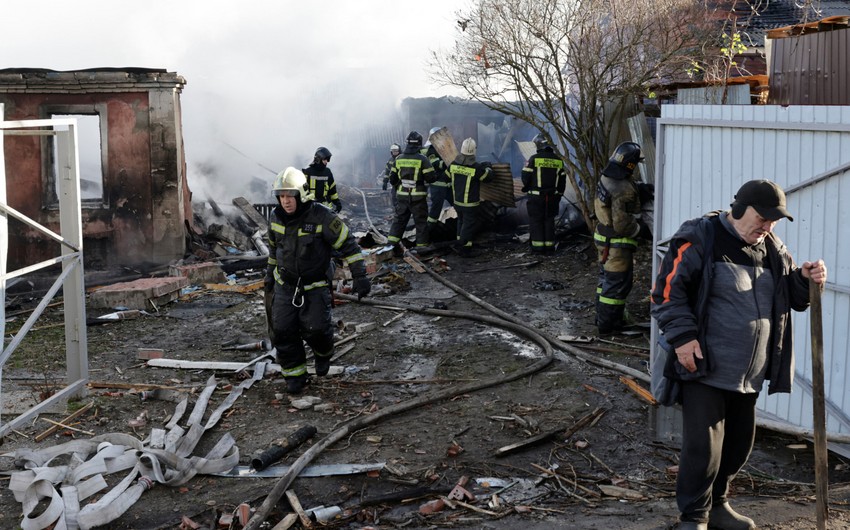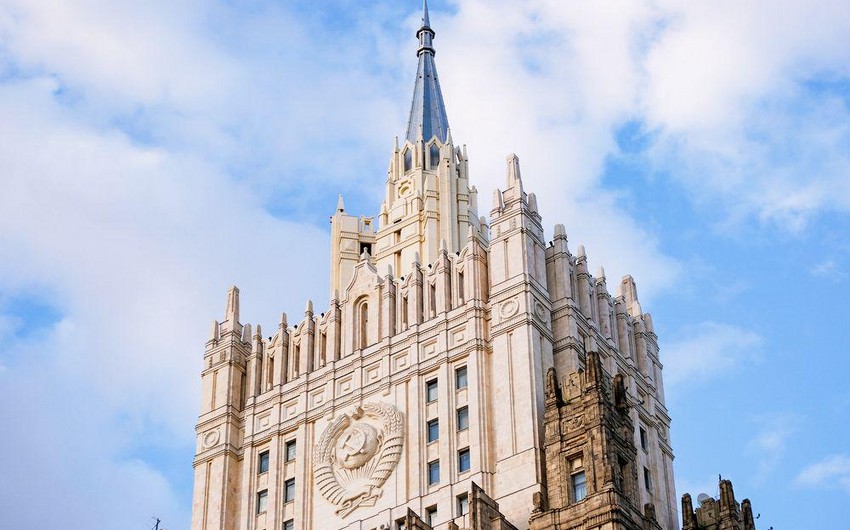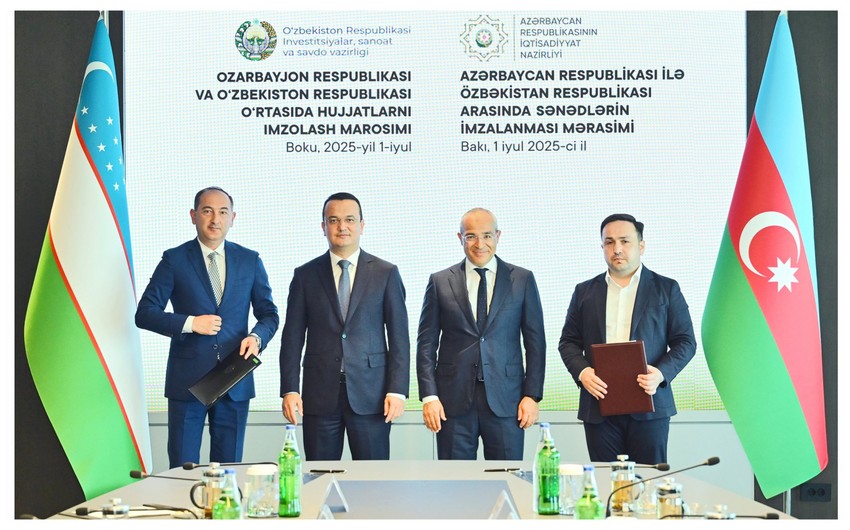Whenever we talk about The Ocean Cleanup's efforts to tackle The Great Pacific Garbage Patch, someone will inevitably argue that 'end of pipe' solutions are a a distraction from preventing marine litter at the source. The same is true of direct air capture of carbon dioxide emissions. Such technofixes, argue purists, are a danger because they lull us into a false sense of security, and because they divert resources from cutting emissions in the first place.
And folks do have a point—it would be folly indeed to delay emissions cuts in the hope that a relatively untested technology might eventually swoop in and save us. Recently, however, I've noticed a shift in the conversation among many environmentalists. The sheer pace of the unfolding climate crisis is forcing many of us to embrace an uncomfortable reality: We have to cut emissions as fast as possible AND we have to start thinking about how to get the carbon out of the atmosphere that we've dumped already.
True, a huge amount of what's there could be better sequestered through reforestation, protecting and replanting mangroves, large-scale seaweed farming and soil conservation. Not only would such biological efforts more cheaply capture emissions, but they would offer massive spinoff benefits in terms of reversing biodiversity loss—a crisis which is interrelated and every bit as serious as the unraveling climate.
But still, we can't ignore direct air capture either. And Elizabeth Kolbert has a fascinating interview over at Yale Environment 360 with Stephen Pacala, who recently chaired a US scientific panel on negative emissions technologies. There's much to pour over in their discussion, but the central point is the one I make above—we no longer have the luxury of either cutting emissions or capturing them later. Instead, we must go full tilt on both. The good news is, says Pacala, that the solutions are now all there:
"...it’s very important to understand that there has been a revolution in the available technology to solve this problem in the last 15 years with no historical precedent. Fifteen years ago, if you asked me how to solve the carbon and climate problem, I would have said, “I don’t know. We don’t have the technology to do it.” Now when you ask me, I’ll tell you exactly what we have to build as a species to do it."
Pacala says that technological developments in direct air capture are lowering costs at such a pace that we could be capturing emissions directly out of the atmosphere at a cost of about $100 per ton, or about $1 per gallon of gasoline, within the next ten years. That's expensive, of course, compared to emissions savings from electric vehicles, energy efficiency, wind and solar, or reforestation. But it's not astronomical. And in much the same way that wind and solar have slashed costs much faster than anyone expected, Pacala expects to see a combination of government subsidies and market dynamics driving down costs on direct air capture too.
On potential way to do that would be to combine direct air capture with renewable energy technologies—tackling the intermittency of the latter by using excess energy to drive the former. That's the thinking behind a separate article over at Carbon Brief by Jan Wohland, Dr. Dirk Without, and Dr. Carl-Friedrich Schleussner, who suggest that co-location of emissions capture and large-scale wind and solar could offer an alternative and/or a complement to energy storage. When the sun is shining or the wind is blowing yet there's not enough electricity demand, such facilities could switch their efforts to direct air capture—scrubbing the air of carbon until such time that demand picks up again.
It's all quite promising stuff, but it's certainly no panacea. We need to stop pumping emissions into the atmosphere as a matter of extreme urgency. As we do that, however, we should also be thinking about what to do with the emissions that are already there. I, for one, am delighted to see progress on this front.

